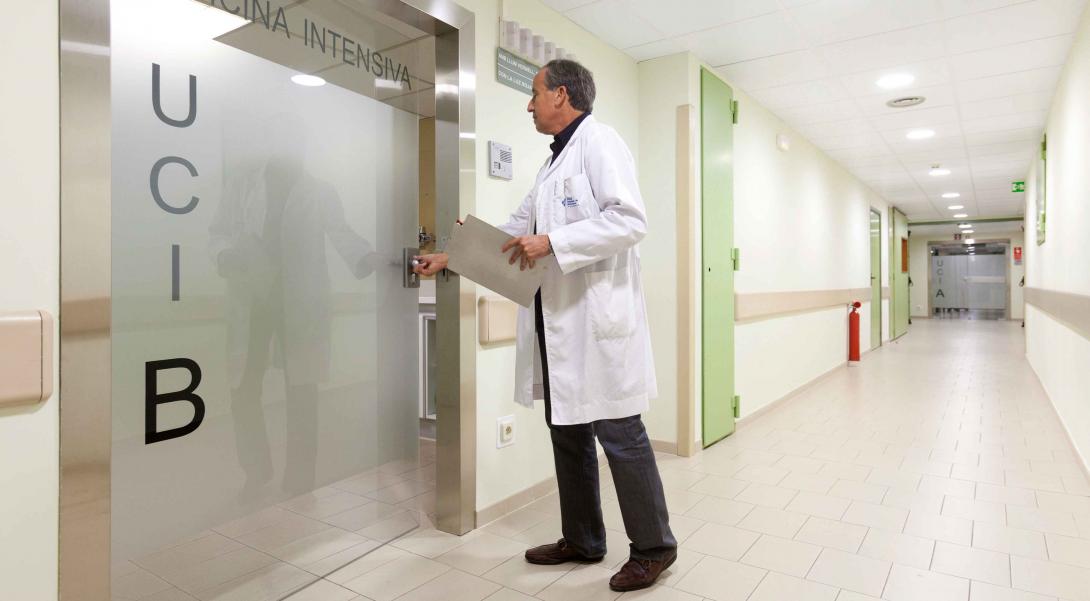
Fighting against climate change and opting for sustainable consumption
The SDG12 on sustainable production and consumption is at the base of the circular and social economy, as is the SDG13, which refers to climate action. Cooperativism has been working for decades to make its model sustainable and here, Dr. Josep Espriu was a pioneer.
Today, the Fundación Espriu is maintaining his legacy and taking it a step further. As Medical Director of the Hospital Universitario HLA Moncloa, Dr. Carlos Zarco affirms that the hospitals are deeply involved in these SDGs. “In our case, for over twenty years,” he emphasises. “It is a need that arises due to the waste considered to be hazardous, as is the case of different types of drugs that must be processed responsibly.”
For this foundation, managing waste and reducing consumption is in its DNA. “We want to limit the hospital’s impact in any area and regarding the environment, we have a very demanding regulation.” The idea is to use common sense, Dr. Zarco concludes and it is easy because “it already forms part of our hospital’s culture. Day by day we try to minimise any environmental impact that the hospital might have.”
Also “the Governing Board of SCIAS, the owner cooperative of the Hospital de Barcelona, has encouraged policies aimed at protecting the environment and responsible energy production and consumption, particularly centred on improvements in energy efficiency and in waste management, using a social responsibility viewpoint” its Director Daniel Ramia points out, recalling: “In this sector, energy consumption has a specific importance on the operating account, in such a way that energy efficiency contributes to an improvement in profitability.” For this reason, at the Hospital de Barcelona, they have incorporated elements such as automatic lighting, times and values for the air conditioning that are adapted to recommendations or consuming machinery with adapted operating times.
SUSTAINABLE HOSPITALS
With regard to waste management, Daniel Ramia emphasises the replacement of plastic water bottles in the staff dining room by osmosis fountains or the implantation of suction systems in the operating theatres that reduce waste from group III. To decrease paper consumption, electric hand driers have been installed, internal communications and documentation have been digitalised along with the computerisation of medical orders and pharmacological prescriptions.
DATA
- If the world population were to reach 9,600 million in 2050, the equivalent of almost three planets would be needed to provide the natural resources necessary to maintain our current lifestyle.
- As of April, 2018, 175 Parties have ratified the Paris Agreement and 168 Parties have communicated their first nationally determined contributions to the United Nations Framework Convention on the Climate Change Secretariat.



